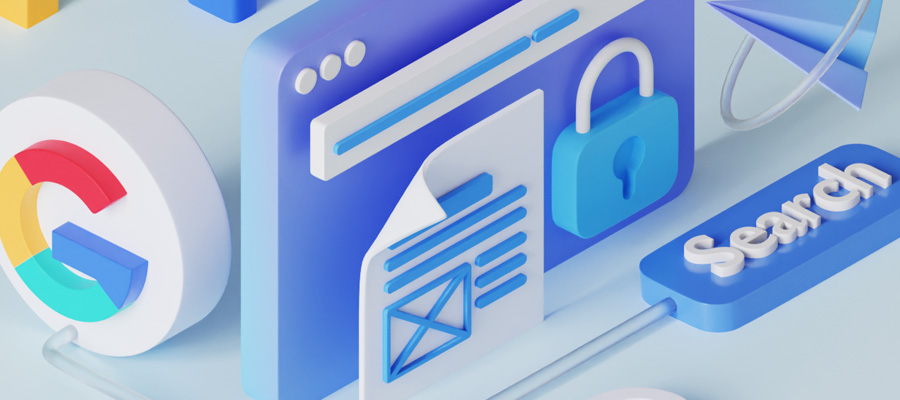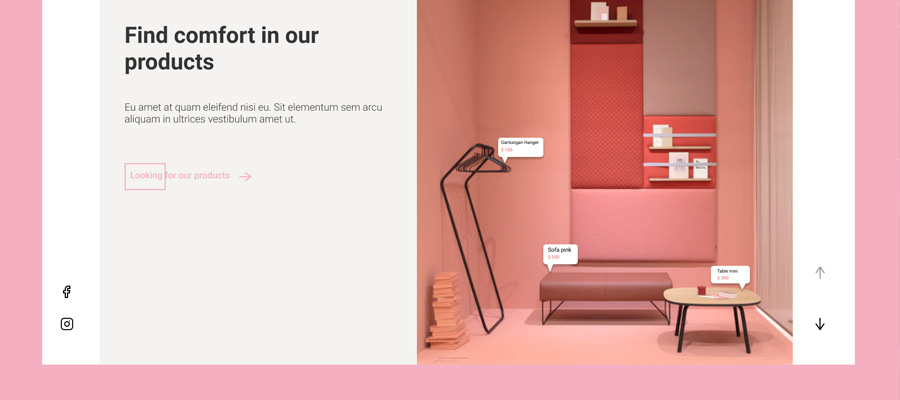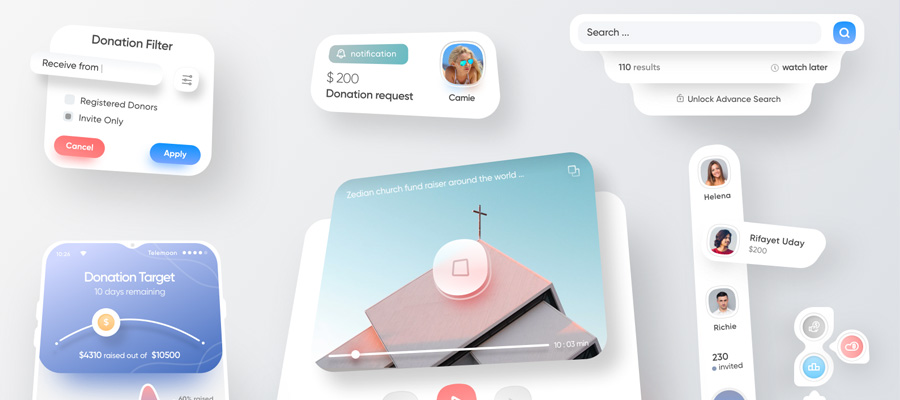Two cute animals have been giving SEO experts sleepless nights. Google’s Penguin and Panda update changed the world of SEO for ever, and let me add, for the better also. Its not that these updates asked SEOs to do something that they weren't unaware about, in terms of best practices and techniques; it’s just that, these updates further stressed upon ‘quality’ as an important determinant of SERPs.
These updates have reaffirmed Google’s endeavor to keep improving its search algorithm, to offer users best search results. There are plenty of pitfalls that SEOs need to avoid, if they want their websites to survive in the post Panda/Penguin era. Make no mistake, this is the dawn of a new era in SEO and it doesn't suffer fools gladly. So, errors need to be avoided.
Let’s take a look at ten such errors, avoiding which will help you breathe a little easier.
1. Over Optimization
There was a time when over optimizing a website paid rich dividends, but that was a different time. Today, using a lot of keywords in your Title, Meta description, Footer and in your content is simply not on. Google is going to penalize your website if this is the case. You don’t want that to happen do you?
2. Low Quality/Duplicate Content
Google abhors content that has grammar errors, illogical flow, sentence errors, is irrelevant to the subject on hand, and something that has low readability quotient. And it hates duplicate content as well. So, high quality, original, and unique content is of the essence if you want your site to do well.
3. Updating blog with Zero Value Content
The very fact that you have a blog means, you want offer added value to the visitors of your site. But, if you just keep updating it for the heck of it, with no real purpose in mind, or with content that is irrelevant or purely a means of promotion, the Panda and the Penguin are going to ensure your site’s rankings go down.
4. Trusting Misconceptions
Article submission directories and bookmarking sites were the bread and butter of SEO professionals who wanted to get their sites right on top of SERPs in double quick time. The more number of articles that you submitted to directories, the more the number of links you were able to generate, and VOILA…. your site rankings improved. But, today this is the biggest mistake that you can make. These sites no long work as well as they used to, and getting links from such websites is dicey business. I am not for one moment saying that you should avoid using article directories or bookmarking sites, but you should use them with caution, otherwise you will invite Google penalty.
5. Keyword rich Anchor Text for building links
Link building is a means to improve a website’s ranking for the targeted keywords, and one of the easier methods of doing this is building links only using the targeted keywords as anchor text. Easy doesn't mean that this is the right method. If you do this, and do this a lot of times, it signals to Google that your link profile is not natural. And as we all know, Google doesn’t like unnatural links. So avoid it.
6. Getting links for Spun Articles
There was a time in the not too distant past that SEOs were not averse to getting backlinks from spun articles, yes I am talking about those articles that have been put through article spinner software, and don't make any sense at all. Their sole purpose is to generate backlinks. Well, guess what, Google’s not going to be fooled anymore. Using such links is a strict no.
7. Automated link building Tools
Many SEOs are in the habit of making over to top promises to their client, in terms of the time frame required to get their sites at the top of the search engine rankings. In order to deliver the promised results, such SEOs use automated link building tools. This is an unethical means of getting links and what’s more such links 9 times out of 10 are of very poor quality. Let me give you an example. There are some automated link building tools that literally flood a site with ‘spammy’ comments, from irrelevant pages. You think Google is going to approve of such techniques? No it isn't so stay away.
8. Links from Low quality Guest Blogging Websites
The need of the hour is generating quality back links and one of the best ways of accomplishing the same is by getting links from guest blogging websites. But, beware! There is something called low quality guest blogs and high quality guest blogs. If you get links from the former, you aren't doing yourselves any favors, but if it’s the latter, then you are doing something that Google actually wants you to do.
9. Creating Links in Non-Niche Domains
You need to create links in and that too, through domains that are in your niche. You can’t be a software company and use a healthcare domain for creating links. That’s simply not on. Their might have been a time when you could have gotten away with it, but Google’s algorithm has gone through a series of updates that makes it next to impossible to benefit from linking with non-niche domains.
10. Links from Banned/ Penalized Websites
One look at this pointer and you know that it is plain wrong to get links from such sites, more so, when they have been banned by Google. So, why in the world would you want to do that, especially when you have an almost limitless number of sites, that you can get links from?
To Conclude
Quality is the buzz word here. If your SEO is driven by a need to use only the best methodology to improve your website’s search engine rankings, you won’t go wrong. Make quality the focal point around which your SEO strategy revolves and you won't really have to worry about the Panda, Penguin or any other update that Google throws at you.





















